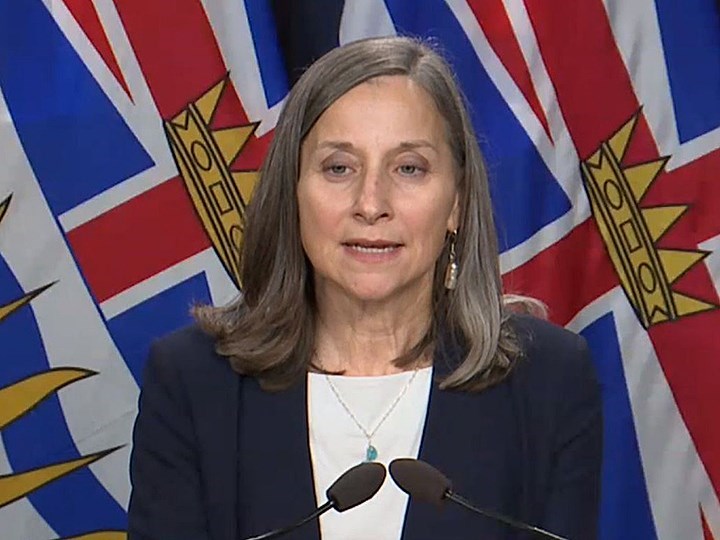B.C.’s and Canada’s narcotic safe or safer supply program is unsafe and increasing addiction problems, says a potential class-action lawsuit filed by the families of one girl who overdosed and died and another who is now in rehab.
“The unlimited supply of government-funded hydromorphone and other safe supply drugs increased the risk of addiction and led to more addictions,” said the B.C. Supreme Court notice of civil claim, filed Aug. 15. “Previously stable patients became more likely to suffer long-term consequences including overdose.”
Hydromorphone is clinical-grade heroin.
The federal government website says “safer supply refers to providing prescribed medications as a safer alternative to the toxic illegal drug supply to people who are at high risk of overdose. Safer supply services can help prevent overdoses, save lives, and connect people who use drugs to other health and social services.”
The lawsuit alleges such drugs were also diverted from their intended purpose into the illicit drug market with the money obtained used to buy fentanyl.
Further, the suit claims, the program led to an increase in opioid prescriptions, hospitalizations, overdoes and deaths in B.C.
The suit is brought by Gregory Sword as the representative of the late Kamilah Sword and Denise Fenske as the litigation guardian of Amelie North.
“Kamilah and Amelie first used safe supply drugs. believing they were safe at the age of 14,” the claim said. “Kamilah quickly became addicted and variously consumed safe supply drugs until her death that year. Amelie continues to use safe supply drugs and is undergoing rehabilitation.”
The suit said on or about Aug. 19, 2022, Kamilah purchased one hydromorphone pill for $5 from a dealer at her local park near her home. The claim said Kamilah was informed the pill was a safe supply drug supplied through the safe/safer supply program.
“On that same day, Kamilah consumed the one hydromorphone pill, overdosed, and was deceased when Kamilah's grandmother discovered her on Aug. 20, 2022,” the claim said.
Defendants
Named as defendants in the suit are B.C.’s Ministry of Health, Health Canada, Vancouver Coastal Health Authority, Vancouver Island Health Authority (VIHA), PHS Community Services Society and AVI Health and Community Services Society. Also cited as defendants are 10 unnamed societies and 20 John Doe doctors.
The suit was filed by Calgary law firm Wilson Laycraft lawyers Richard Harrison, Shiv Ganesh and Tyler Shandro. The last held Alberta provincial government ministry portfolios of health, justice and labour and immigration.
The suit alleges the defendants have failed in monitoring the program and in the use of safe supply terminology “used to motivate the innocent class members to use safe supply drugs or other drugs falsely sold to members of the general public as safe supply drugs.”
The suit alleges potential class members understood the terminology to mean they would not suffer addiction or overdose on supplied drugs.
“Kamilah and Amelie relied on the negligent misrepresentations to begin consuming the safe supply drugs believing they were safe and they relied upon the negligent misrepresentations throughout the duration of their addictions,” the suit said.
Diversion
The suit claims the diverting of drugs obtained through safe supply to other users was intended to moderate the use of other illicit drugs.
It alleges the federal and provincial governments were wilfully blind in promoting the practice.
“Instead of displacing illegal drugs, safe supply drugs were diverted to class members, where they were sold, the profits from which were used by people suffering from addictions to purchase more powerful illegal drugs,” the claim said.
The claims
The suit asserts the defendants, including the doctors, clinics and societies promoting the program and prescribing and providing the drugs were negligent, breached their duties to the two teens and other potential class members through negligent misrepresentations and through not investigating the potential hazards of the programs.
None of the allegations have been proven in court.
Defendants responses
B.C.’s Ministry of Health referred to the Ministry of Attorney General which told Glacier Media it has yet to be served lawsuit documents.
VIHA said it could not comment as the case is before the courts.
None of the identified other defendants responded to requests for comment.



